
NIO stock prediction: NIO Inc., a prominent electric vehicle (EV) manufacturer based in China, has been a focal point in the growing EV market.
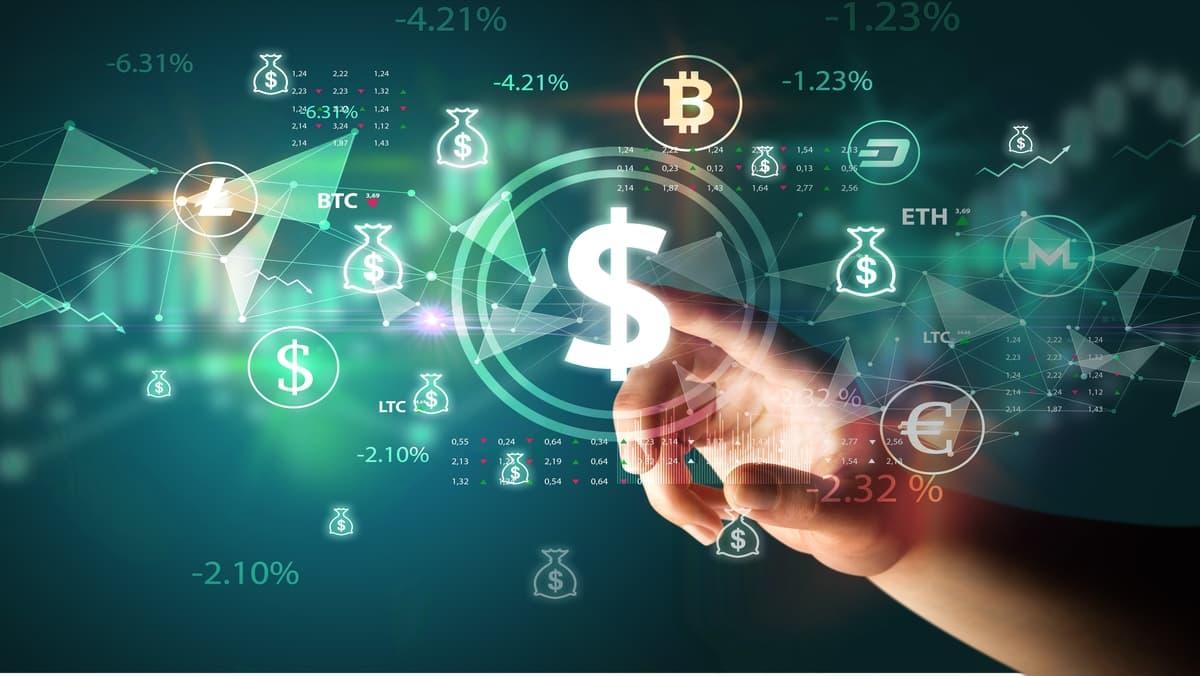
Forex Market Analysis: The Forex market has seen considerable movement recently, with the EUR/USD pair experiencing a slight decline, GBP/USD taking a significant plunge, and USD/CAD exhibiting strength.
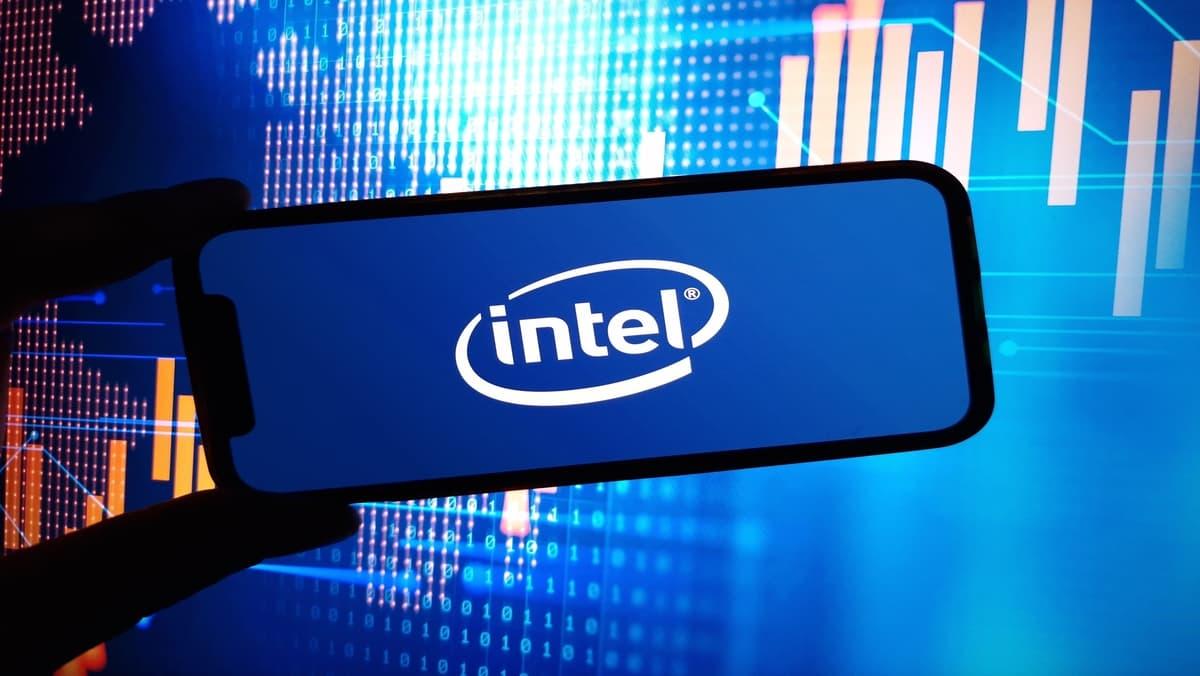
Intel Stock Price Forecast: Intel Corporation (INTC), a household name in the semiconductor industry, has recently experienced a remarkable 45% surge in its stock price.
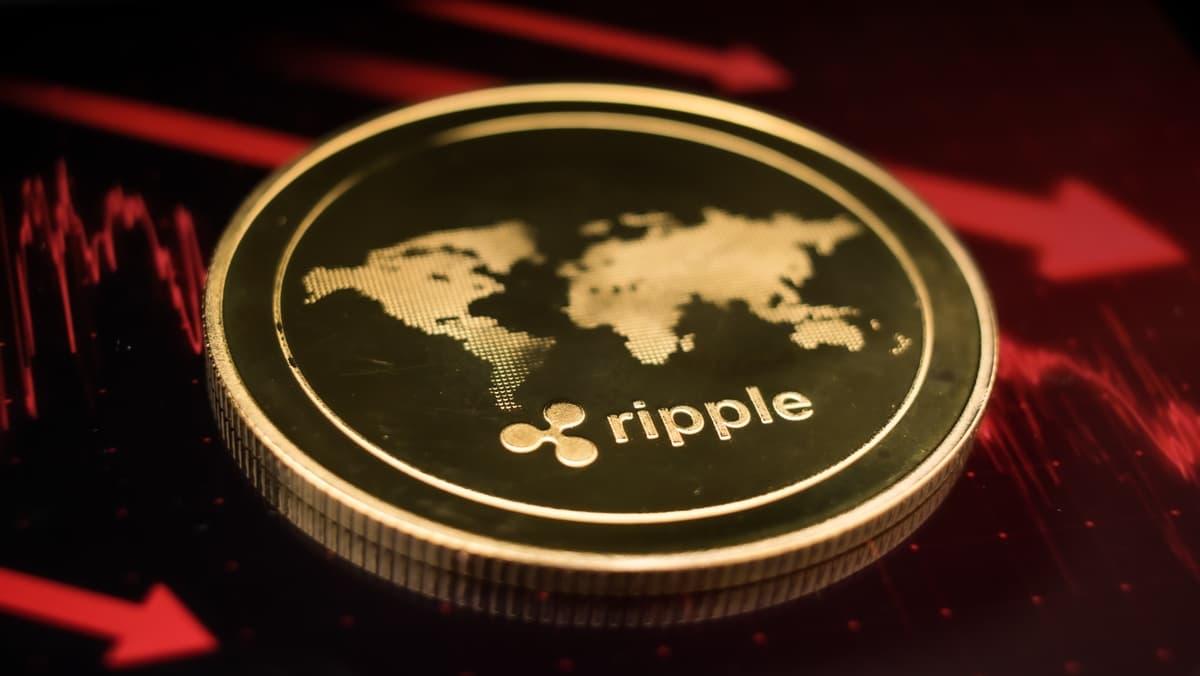
XRP Price Prediction: Ripple’s XRP has emerged as one of the most discussed cryptocurrencies in the financial world, especially following its ongoing legal battles and partnerships with financial institutions.

Draganfly Inc (DPRO) Stock Jumps 9% Today: Draganfly Inc (DPRO), a prominent player in the drone technology and aerospace industry, has seen its stock price soar by 9% today, capturing the attention of investors and market analysts alike.
Comprehensive analysis of the August PCE data and assessment of the potential Federal Reserve response, focusing on the nuances that might reveal hidden risks.
This article delves into the possibility of the Federal Reserve adjusting its 2% inflation target in light of persistent inflation exceeding that goal and potential changes in the Fed's board. It explores alternatives such as an inflation range, considering policymakers' views and consumer expectations.
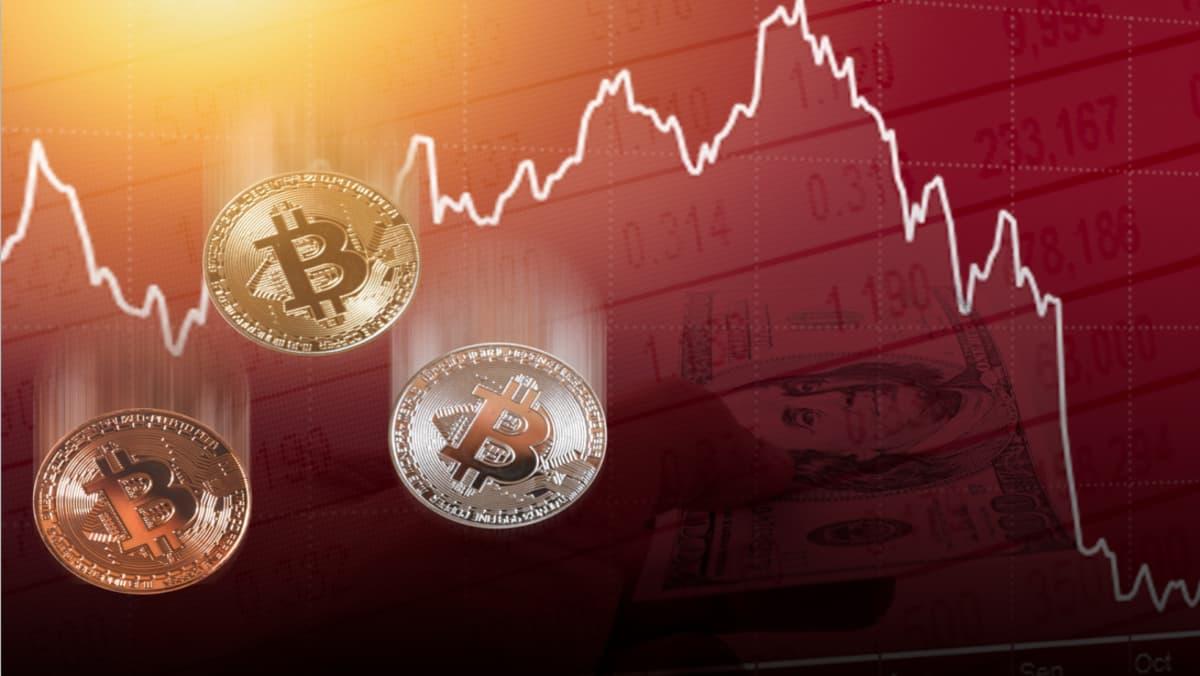
BTC Price Predictions: Bitcoin (BTC) has long been the flagship cryptocurrency, capturing the attention of traders, investors, and the media alike.
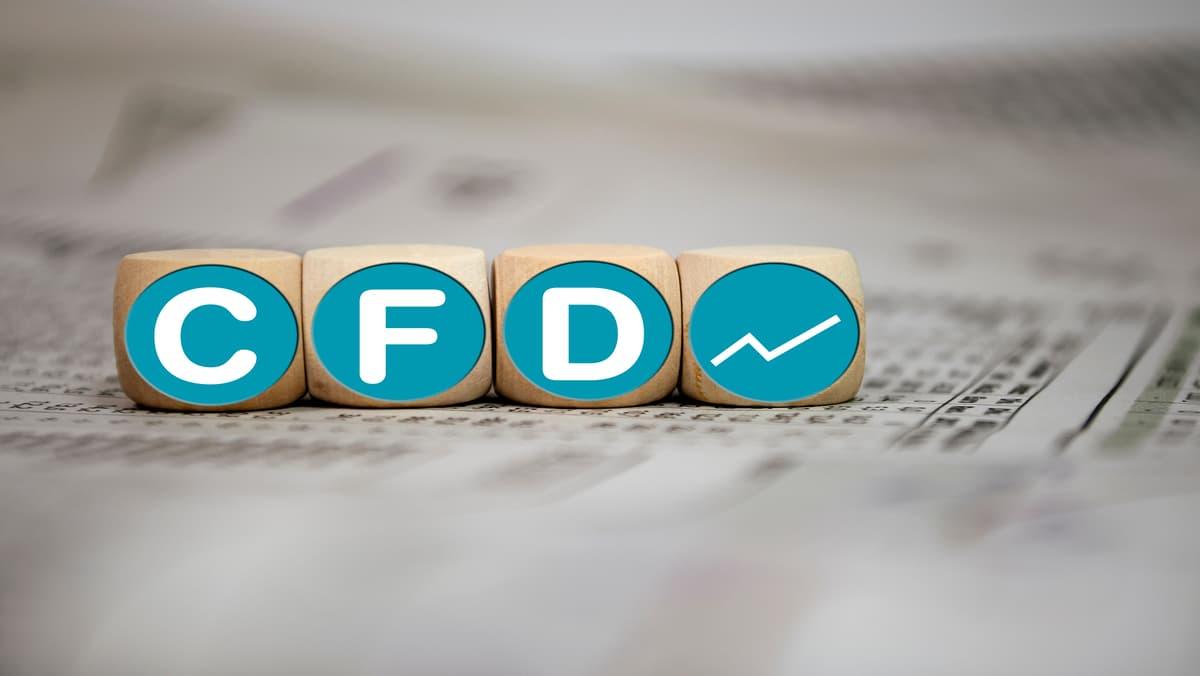
Advanced Trading Platform for CFDs: The world of trading has evolved significantly, and the rise of CFDs has made it easier for traders to speculate on price movements across various asset classes, including stocks, commodities, and cryptocurrencies.
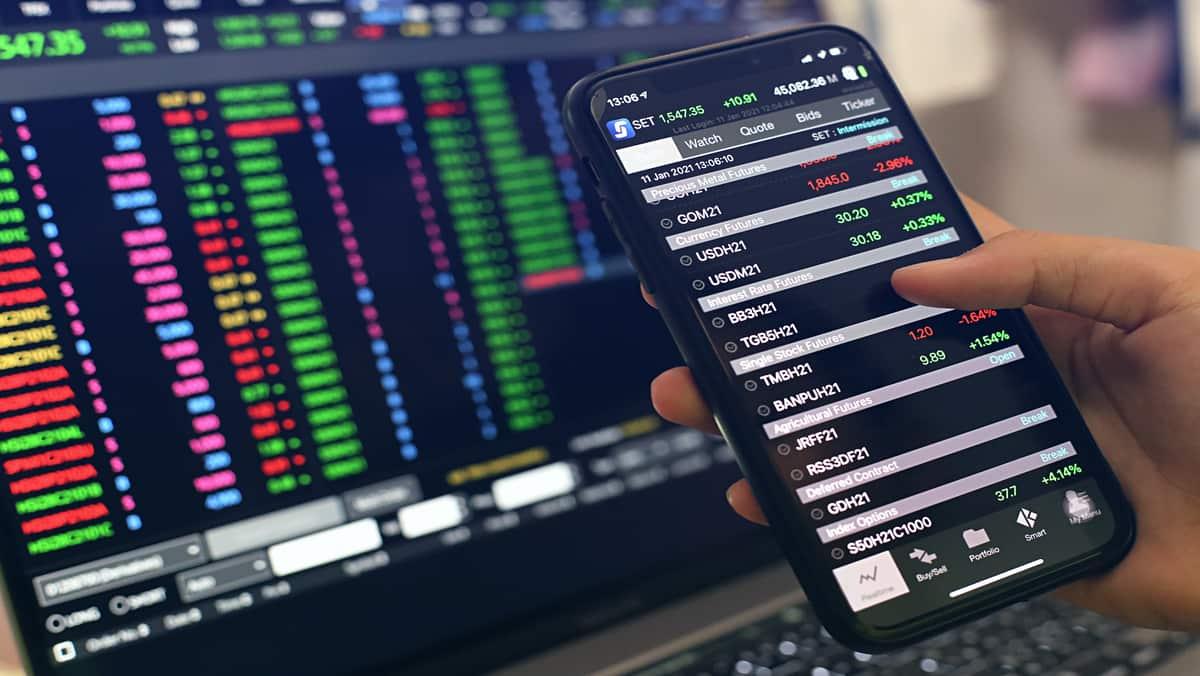
GE Stock Forecast: General Electric Co. (GE) has been a cornerstone of American industry for over a century.
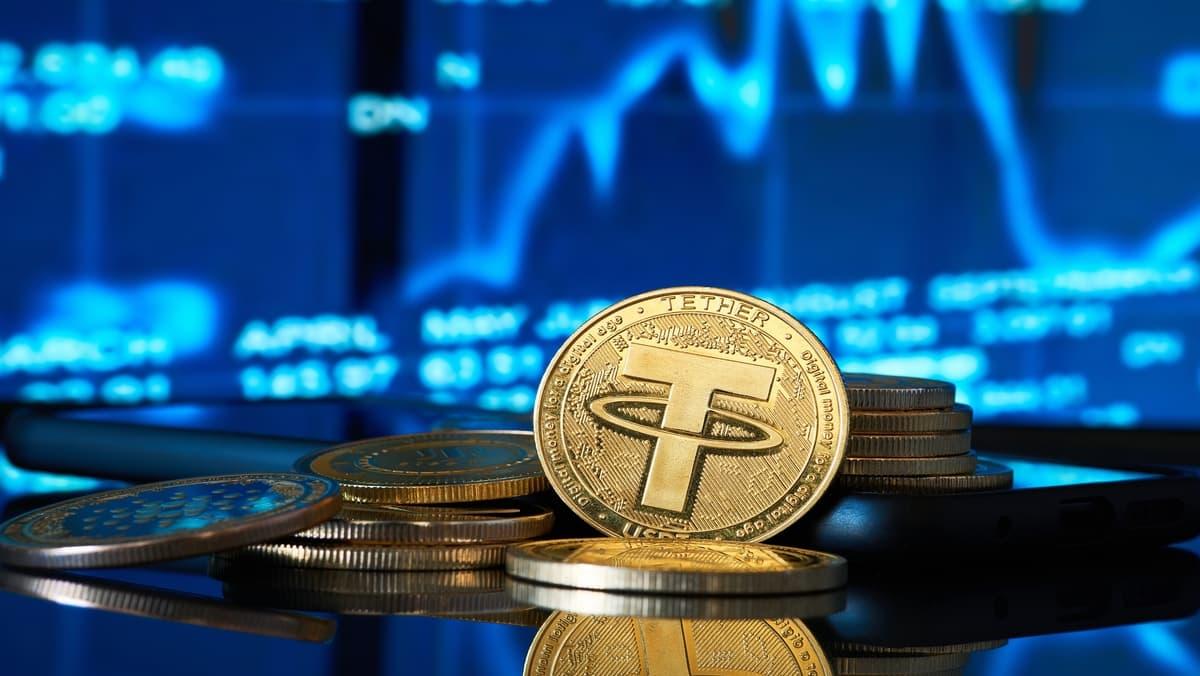
Most Traded Cryptos Today: The cryptocurrency market remains one of the most vibrant and volatile sectors in finance.

Trending Stocks in Saudi Arabia: The stock market in Saudi Arabia has been witnessing dynamic changes, with several stocks capturing the attention of market participants.
The Buffett Indicator, a measure of stock market valuation, has reached record highs, raising concerns about overvalued markets. While some argue the indicator is outdated, it remains a significant tool for investors.
The Trump administration is encountering difficulties in persuading South Korea and Japan to implement significant investment pledges, raising questions about the future of trade and economic relations between these nations.
The US Treasury market faces uncertainty amid divergent views within the Fed, mixed economic data, and the looming threat of a government shutdown delaying key data releases.
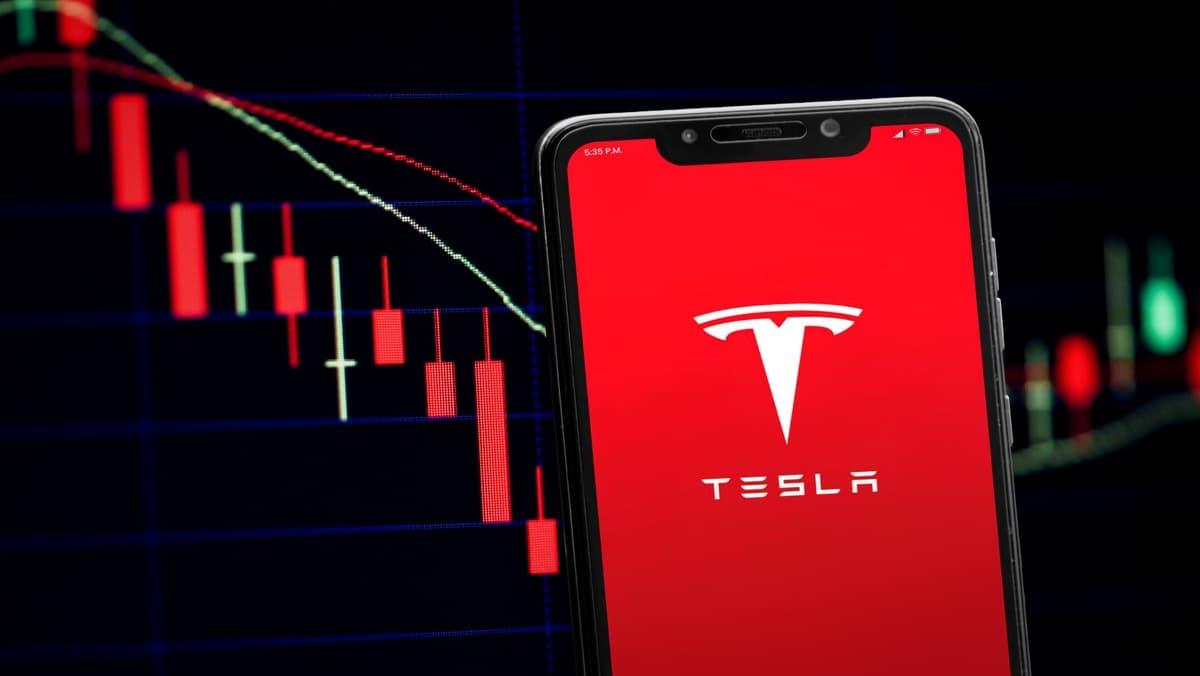
Stock Picks for Beginners in the Middle East: Investing in the stock market can be a daunting task for beginners, especially in the Middle East, where the investment landscape differs from other regions.

Best Stock CFDs in Saudi Arabia: Investing in stock CFDs (Contracts for Difference) has become increasingly popular among traders in Saudi Arabia.
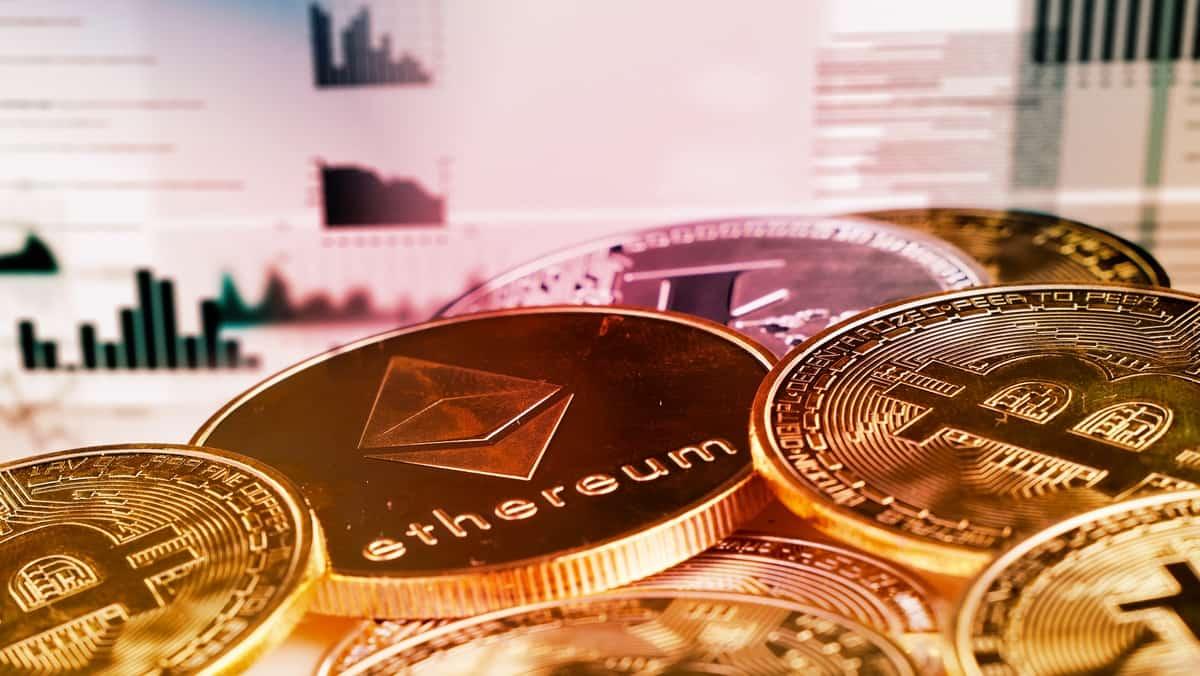
How to Start Crypto CFD Trading in Saudi Arabia: Cryptocurrency trading has gained significant popularity worldwide, including in Saudi Arabia.